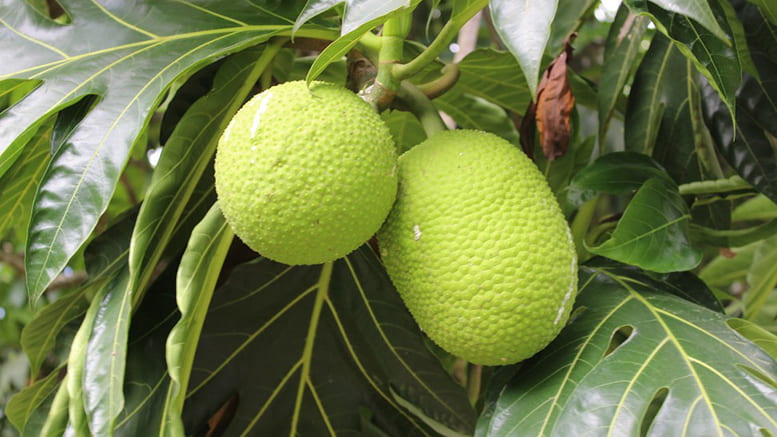A new Northwestern study found that breadfruit, a starchy, nutrient-rich alternative to staple crops, will be relatively unaffected by climate change. Unlike its more popular counterparts (rice, corn, soybeans etc), researchers predict that a very small percentage of suitable land used to cultivate breadfruit will be altered by a significant change in climate conditions.
In the experiment, researchers simulated two potential future scenarios: one where greenhouse gas emissions increased and another where the emissions stabilized. In both situations, breadfruit cultivation remained mostly unaffected, proving that the crop could be an important and stable source of food in the coming years.
The study, “Potential of breadfruit cultivation to contribute to climate-resilient low latitude food systems,” was published on Wednesday, August 17 in the journal PLOS Climate.
Daniel Horton, senior author of the study, is an assistant professor of Earth and planetary sciences in Northwestern’s Weinberg College of Arts and Sciences, where he leads the Climate Change Research Group.
“Breadfruit is a neglected and underutilized species that happens to be relatively resilient in our climate change projections,” said Horton. “This is good news because several other staples that we rely on are not so resilient. In really hot conditions, some of those staple crops struggle and yields decrease. As we implement strategies to adapt to climate change, breadfruit should be considered in food security adaptation strategies.”
Learn more in Northwestern Now’s article, “Climate-resilient breadfruit might be the food of the future.”

